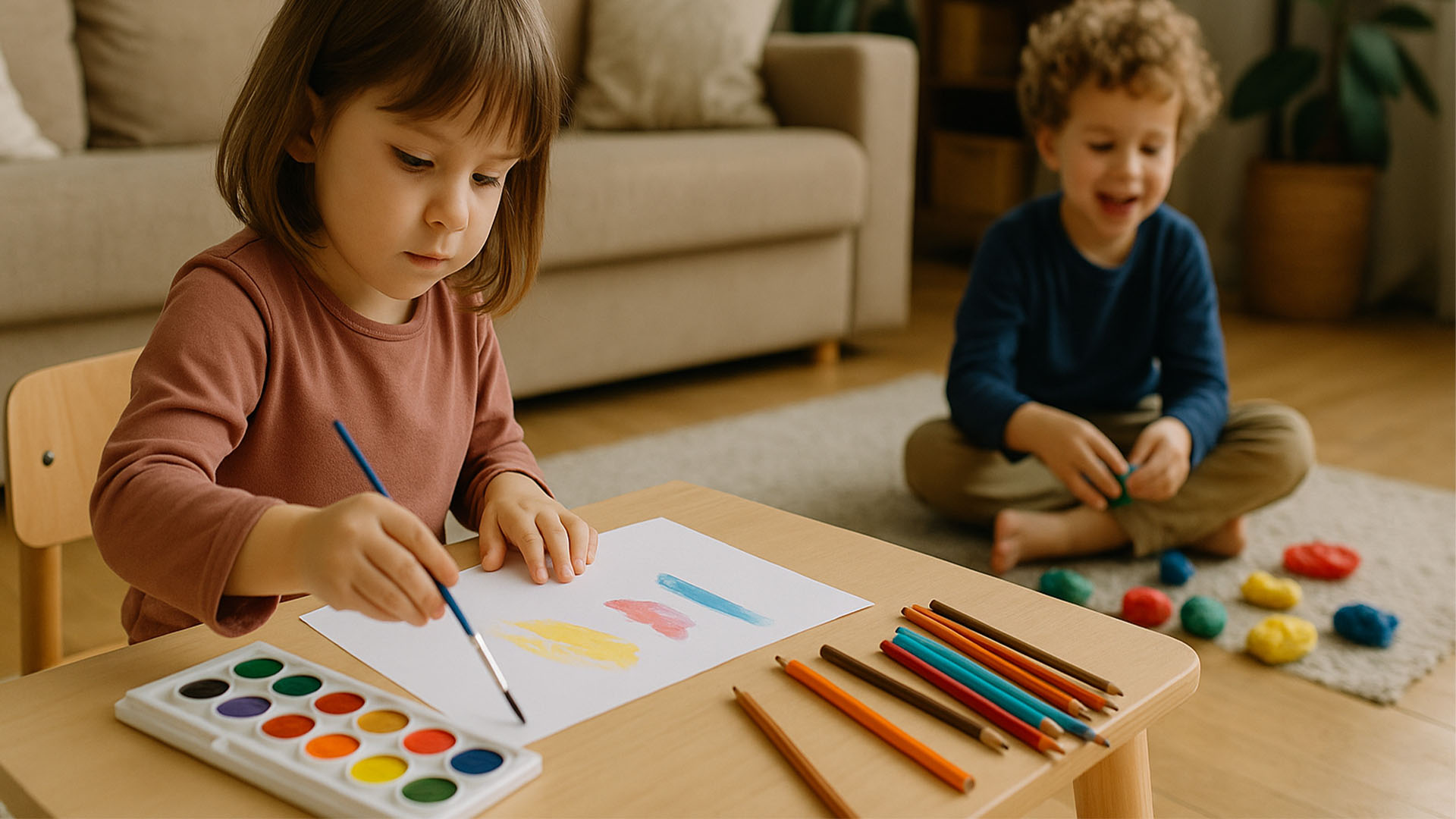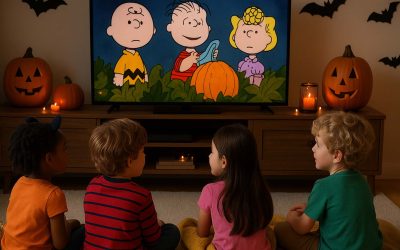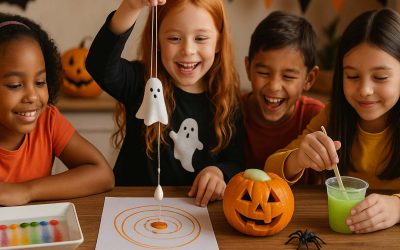Play is the work of childhood, and it’s through play that young children learn best. Engaging in fun and educational activities at home can significantly contribute to a child’s development, fostering creativity, critical thinking, and a love for learning. This article provides a variety of activity ideas for parents to try with their young children, inspired by resources from PBS KIDS for Parents [1].
Fostering Early Learning Through Play
Play is a powerful tool for learning. It allows children to explore their interests, develop new skills, and make sense of the world around them. By incorporating educational elements into playtime, parents can support their child’s growth in a fun and engaging way.
Creative Arts and Crafts
Arts and crafts activities are a fantastic way to encourage creativity and fine motor skills. Simple activities like drawing, painting, and sculpting with play-dough can provide hours of entertainment and learning. Parents can also create themed crafts based on their child’s favorite books or characters, further sparking their imagination.
Hands-On Science Experiments
Simple science experiments can introduce young children to basic scientific concepts in an exciting and interactive way. Activities like mixing colors, planting seeds, or building a simple volcano with baking soda and vinegar can be both fun and educational. These experiments encourage curiosity and a hands-on approach to learning.
Music and Movement
Music and movement are essential for a child’s physical and emotional development. Singing songs, dancing, and playing simple instruments can help children express themselves and develop a sense of rhythm. Creating a family band or having a dance party are great ways to incorporate music and movement into daily life.
Storytelling and Pretend Play
Storytelling and pretend play are vital for developing language and social skills. Encouraging children to create their own stories or act out different scenarios can boost their creativity and empathy. Parents can join in the fun by taking on different roles and helping to build the narrative.
Q&A
Q1: Why is play important for a child’s development?
A1: Play is crucial for a child’s development as it helps them learn new skills, explore their interests, and understand the world around them in a fun and engaging way.
Q2: What are some examples of creative arts and crafts activities?
A2: Creative arts and crafts activities include drawing, painting, sculpting with play-dough, and creating themed crafts based on a child’s favorite stories or characters.
Q3: How can parents introduce science to young children?
A3: Parents can introduce science through simple, hands-on experiments like mixing colors, planting seeds, or creating a baking soda and vinegar volcano. These activities make learning about science fun and interactive.
Q4: What are the benefits of music and movement activities?
A4: Music and movement activities help with a child’s physical and emotional development, allowing them to express themselves, develop rhythm, and have fun.
Q5: How does pretend play help a child’s development?
A5: Pretend play helps children develop language and social skills by encouraging them to create stories, act out scenarios, and interact with others in imaginative ways.
Sources
[1] https://www.pbs.org/parents








0 Comments